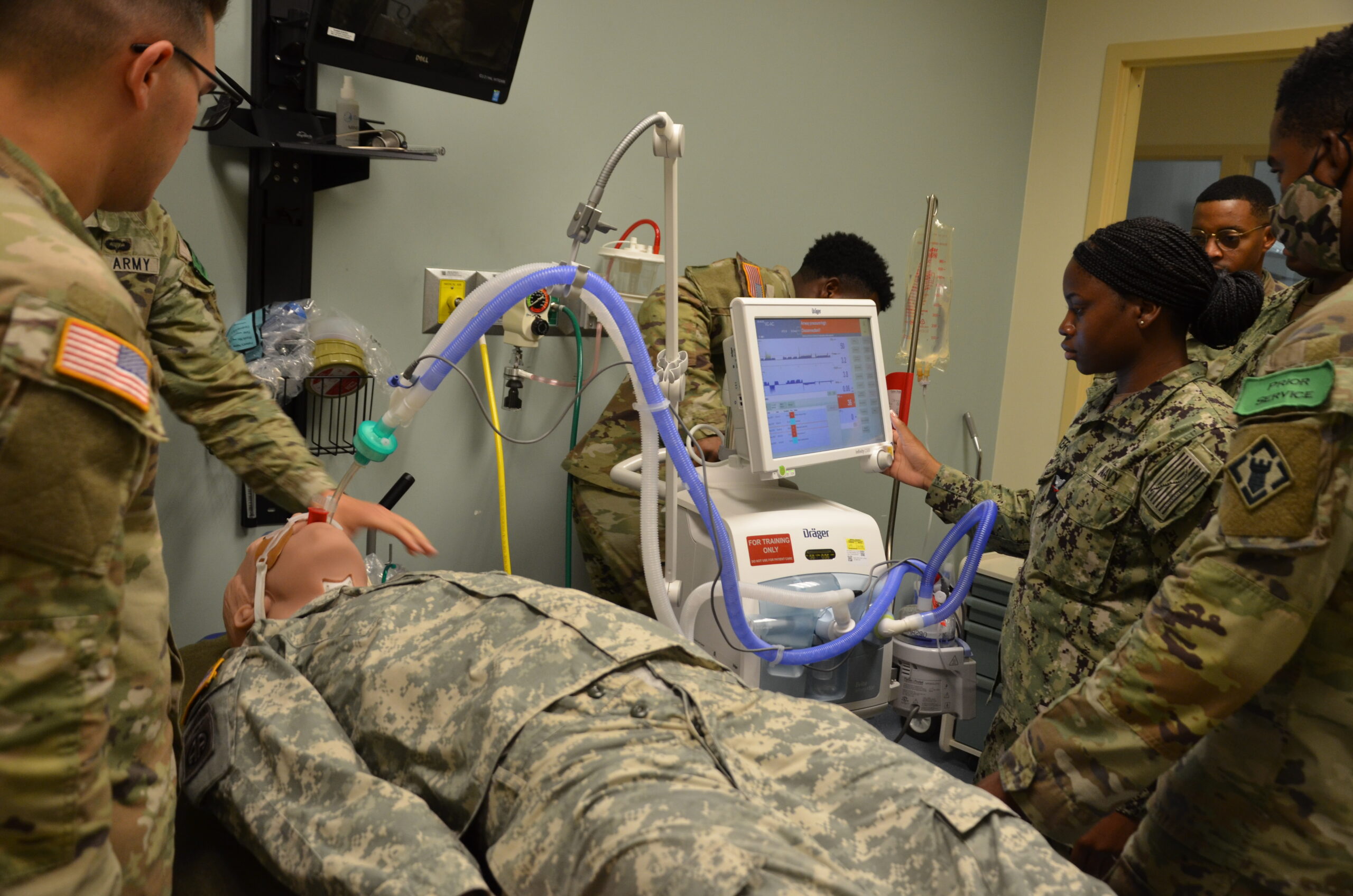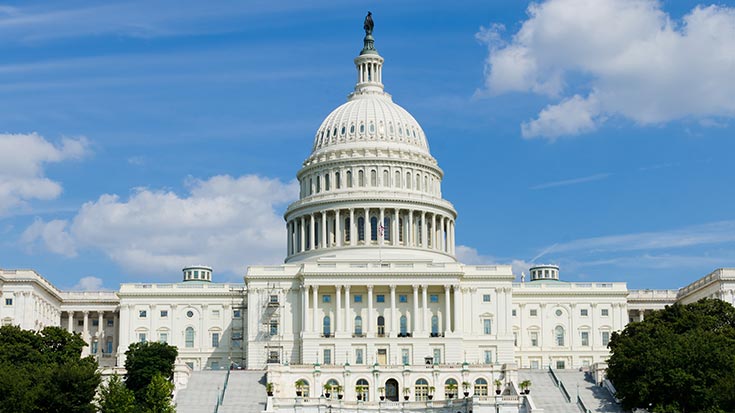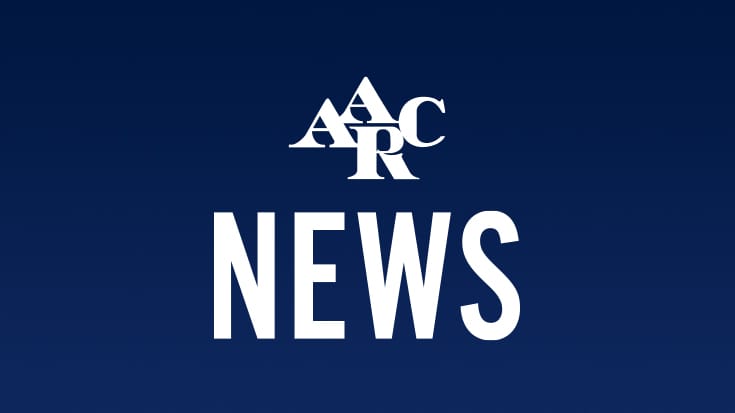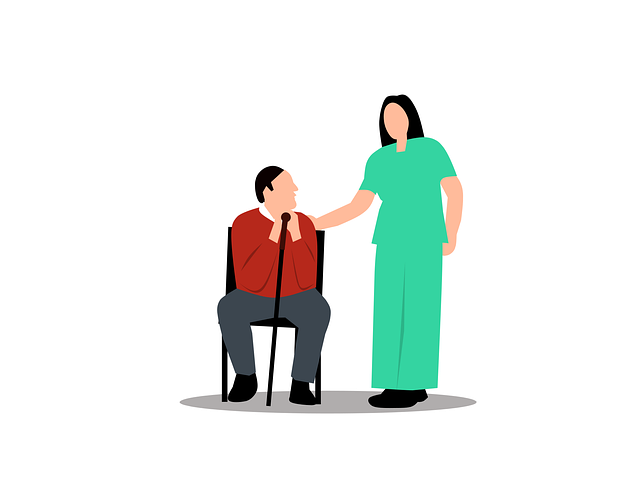
This is the time of year when the Centers for Medicare & Medicaid Services (CMS) releases proposed payment rates and policies for the upcoming calendar year (CY) for services paid under the physician fee schedule (PFS) and the hospital outpatient prospective payment system (HOPPS). These rules often include policies that impact respiratory care. For CY 2023, there are several noteworthy policies detailed below.
Pulmonary Rehabilitation (PR) Services
- The new pulmonary rehabilitation codes CPT 94625 and CPT 94626, without and with continuous oximetry monitoring, respectively, are on CMS’ list of covered telehealth services through December 31, 2023. These services are paid under the physician fee schedule for services rendered in the physician office setting. This temporary timeline allows CMS to collect data to determine if the codes should be placed on the list permanently.
- The Consolidated Appropriations Act of 2022 extended certain telehealth flexibilities that are in place during the public health emergency (PHE) for 151 days after the end of the PHE. This allows CPT 94664, Demonstration and or Evaluation of Patient Use of Inhaler in the physician office setting to continue to be covered during that timeframe.
- These services will not be allowed to be furnished to beneficiaries in their homes on the 152nd day after the PHE ends because of statutory restrictions that do not include “home” as an originating site, e.g., where the beneficiary is located. Congressional action is required to make temporary waivers permanent that were implemented during the PHE. However, the PR services can be furnished when the beneficiary is in a medical setting that serves as an originating site, e.g., hospital, skilled nursing facility, and meets the geographic restrictions that apply to counties outside of a Metropolitan Statistical Area or rural Health Professional Shortage Areas.
- The PHE has been extended another 90 days through October 13, 3022. If the PHE and the 151-day period following the expiration of the PHE both end in CY 2023, the pre-PHE rules will take effect, and these services can no longer be furnished by respiratory therapists because they are not included in the statute as practitioners who can provide telehealth services.
Virtual Direct Physician Supervision
- For cardiac and pulmonary rehabilitation, the statute requires a physician to provide direct supervision. This requires the immediate availability of the supervising physician although the professional does not need to be in the same room as the service. During the PHE, CMS has allowed the virtual presence of the supervising physician using two-way, audio/video communication technology, instead of requiring their physical presence.
- CMS is not proposing any changes to this policy, but is asking for comments on whether virtual direct physician supervision should be made permanent. They are especially interested in safety and/or quality concerns or whether CMS should consider a subset of services that that may be appropriate for permanent virtual direct physician supervision.
- The AARC will submit joint comments with other pulmonary and patient advocacy groups in support of permanent virtual direct supervision together with an overview of studies that show the safety of tele-rehabilitation as well as improved outcomes.
Payment Rates for Pulmonary Rehabilitation for CY 2023
- The CY 2023 proposed rate for the ambulatory payment classification (APC) that includes CPT codes 94625 and 94726 in the hospital outpatient setting is $58.50 compared to $56.85 in CY 2022. Because claims data from CY 2021 is used to set the CY 2023 rates, claims for the new codes were not included since they did not become effective until January this year.
- AARC is collaborating closely with representatives of the American Thoracic Society (ATS) PR workgroup to finalize updates to the Pulmonary Rehabilitation Toolkit which was first developed in 2012 to provide guidance to hospitals in how to set appropriate charges for PR services that can help improve payment based on claims data submitted to CMS. It will reflect recent changes in coverage and coding as well as simplifying the guidance to make it more user friendly. We will notify members when it becomes final.
- For HCPCS codes G0237 and G0238, considered individual respiratory therapy components of PR, the rate is $14.00 compared to $25.23 in FY 2022. We believe this reduction in payment is due to an incorrect placement by CMS of a new COVID-related service in the same payment grouping, or APC, that also affects additional services unrelated to respiratory care. We are working with other pulmonary groups to analyze claims data and to provide a solution for CMS to consider in final rulemaking that can result in a more appropriate payment rate for G0237 and G0238 consistent with past years.
- For G0239, the group respiratory code, the proposed payment rate is $34.61 compared to $34.57 in CY 2022
Advocate for Permanent Change
It is important for the AARC to continue to advocate for Congressional action to make permanent certain temporary waivers granted during the PHE. We encourage respiratory therapists to reach out to their Congressional leaders in their district offices while they are on summer recess to continue our advocacy campaign that began earlier this year. Medicare beneficiaries receiving virtual services in their home by respiratory therapists have safely improved their adherence to the protocols while reducing the stress and burden of traveling long distances to receive care and putting themselves in harm’s way of the potential to contract COVID-19. We want to keep the momentum going so that care in the home can continue to be a valid option for many who would otherwise be unable to receive the services they need to enhance their quality of life.
Email newsroom@aarc.org with questions or comments, we’d love to hear from you.

















